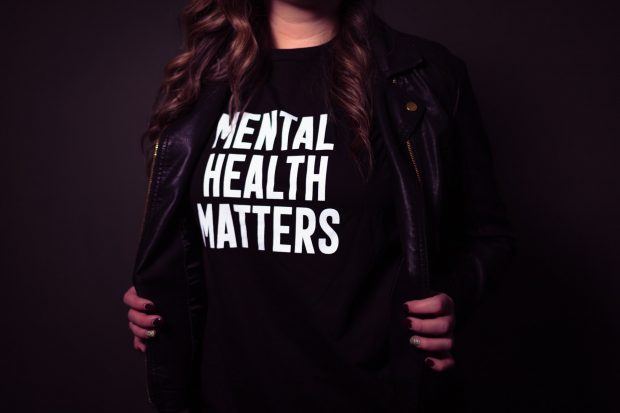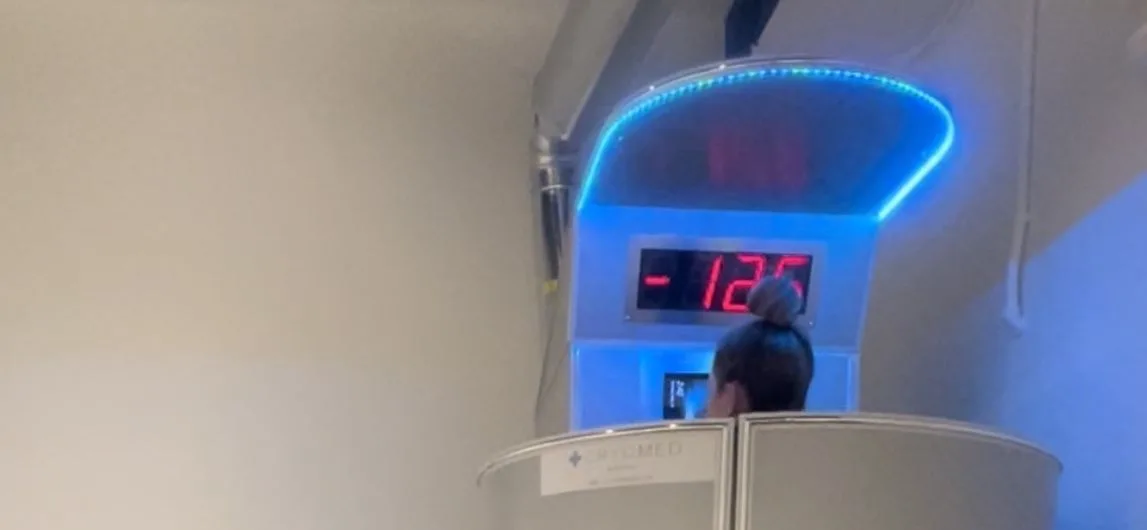Cold exposure and the military. What do these two things have in common? Well, apart from a lot of celebrities and aging scientists waxing lyrical about cold therapy, some studies are showing how powerful it can be for your good health and longevity. Indeed, a recent study on the mental state and physical fitness of military personnel has attracted widespread attention. This study explores how cold exposure has impacted the psychological and physical state of these young soldiers. With the promising results on mental and physical health presented through cold exposure, we explore just how efficiently this alternative therapy works, and just how beneficial it can be for our health.
Cold Therapy and Your Longevity?
Also known as cryotherapy or cryoablation, cold therapy is the use of low temperatures in medical therapy. Typically occurring at about 59 °F, this therapy is used to not only stimulate health benefits but to also treat internal and external health conditions.
As something that has been used for therapeutic and relaxation purposes in Ancient Greece for years, it was promoted by Claudius Galen for the treatment of fever, beginning the conversation for its medicinal purposes.
Today, physical therapists, trainers, and other healthcare professionals are using cold therapy to not only relieve pain but to also speed up muscle recovery, amongst other health benefits.
How Does It Work?
Cold Therapy has moved beyond being restricted to an ice bath or cold shower, and can now be administered by healthcare professionals. During cryotherapy, healthcare providers apply extreme colds to abnormal tissues or sources of pain. Substances typically used for this process include:
- Liquid Nitrogen
- Liquid Nitrous Oxide
- Argon Gas
Benefits of Cold Therapy
Cold Therapy has been shown to be beneficial for various aspects of our physical and mental well-being in different ways:
1. Speeds Up Post-Exercise Recovery
With intense exercise, you will experience microtrauma and tears in muscle fibers. This damage stimulates muscle cell activity, aiding the repair and strengthening of the muscle, so post-exercise soreness is fairly normal. Many health professionals and athletes have advocated for the use of cold therapy to speed up recovery from an intense workout. Research has supplemented this, showing that cold therapy reduces the delayed onset of muscle soreness after exercise.
Nick Clayton, C.S.C.S, Program Manager for the National Strength and Conditioning Association, states that cold therapy “washes metabolic waste post-workout,” which aids in slowing down the physiological processes associated with post-exercise pain, thus aiding the recovery process.
2. Reducing Pain
Cold therapy can help with both short-term (acute) and long-term (chronic) pain in numerous ways, including:
- Reducing Inflammation: John Galluci Jr., D.P.T, Medical Coordinator shares that “inflammation in the body can cause pain, so if you can reduce inflammation, you may be able to reduce overall pain.” Cold therapy promotes vasoconstriction (the constriction of blood vessels), and when blood vessels constrict, blood circulation is slowed. Research has shown that lowered blood circulation is directly linked to the reduction of inflammation.
- Blocking Nerve Cells: Research has also suggested that cold temperatures can block nerve cells that signal pain in the body, which plays a vital role in reducing pain.
3. Aiding Mental Health
A number of studies have proposed that cold therapy can help alleviate symptoms of depression and anxiety. The majority of these studies are specific to cold open-water swimming.
One particular study that was conducted involved a woman who was diagnosed with depression and anxiety at the age of 17. At the age of 24, she began a trial program of weekly open-water swimming. This led to a significant decrease in these symptoms, and she was able to stop taking medication to treat them.

Photo by Matthew Ball on Unsplash
A study on the impact of cold exposure on soldiers showed that “systematic exposure to cold” significantly lowered perceived anxiety in the entire test group.
4. Boosted Immune System
A Dutch study researched whether people could voluntarily influence their own immune systems through the implementation of cold water immersion techniques. When exposed to a bacterial infection, the group that paired this with other techniques (namely, deep breathing and meditation) showed fewer symptoms. Their bodies were shown to produce more anti-inflammatory chemicals and fewer pro-inflammatory cytokines in response to the infection.
Other studies have even suggested that daily exposure to cold water could potentially boost anti-tumor immunity.
5. Aids Fat Burning
Humans have stores of active brown adipose tissue (BAT). Unlike white fat, which is responsible for storing energy through body fat, brown fat is active in the burning of calories and energy usage. BAT can basically turn calories from food into heat, leading to increased calorie expenditure.
One study showed that subjects who were exposed to cold stress showed a 80% increase in their metabolism, with another showing a link between BAT and obesity. Exposure to cold temperatures has been shown to increase levels of adiponectin, a protein that can increase fat burning.
6. Regulating Blood Sugar Levels
Adinopectin isn’t just linked to increased fat burning but has also been shown to play a role in blood glucose regulation, with low levels often found in insulin resistance. One study found that after cold exposure, adiponectin levels increased by 70%. Clearly, cold exposure can improve the body’s response to insulin by allowing glucose to efficiently be cleared from the blood.
Should You Implement Cold Exposure Into Your Routine?
While cold exposure can be quite beneficial, overexposure can be dangerous, with a negative impact on breathing and heart rates through a reaction known as Cold Shock Response. A gradual build-up of cold exposure is effective in guaranteeing benefits with little health risk. Try to begin implementation with cold water spike sessions during your showers or lowering your central heating.
Those with chronic conditions and heart disease are extremely sensitive to sudden temperature changes. As such, it is crucial that they consult a doctor before implementing any major changes to their routine.
MAIN IMAGE CREDIT: chesterf/shutterstock
References
- Ivanova, Y.M. and Blondin, D.P., 2021. Examining the benefits of cold exposure as a therapeutic strategy for obesity and type 2 diabetes. Journal of Applied Physiology, 130(5), pp.1448-1459.
- Knechtle, B., Waśkiewicz, Z., Sousa, C.V., Hill, L. and Nikolaidis, P.T., 2020. Cold water swimming—benefits and risks: A narrative review. International journal of environmental research and public health, 17(23), p.8984.





![women [longevity live]](https://longevitylive.com/wp-content/uploads/2020/01/photo-of-women-walking-down-the-street-1116984-100x100.jpg)









